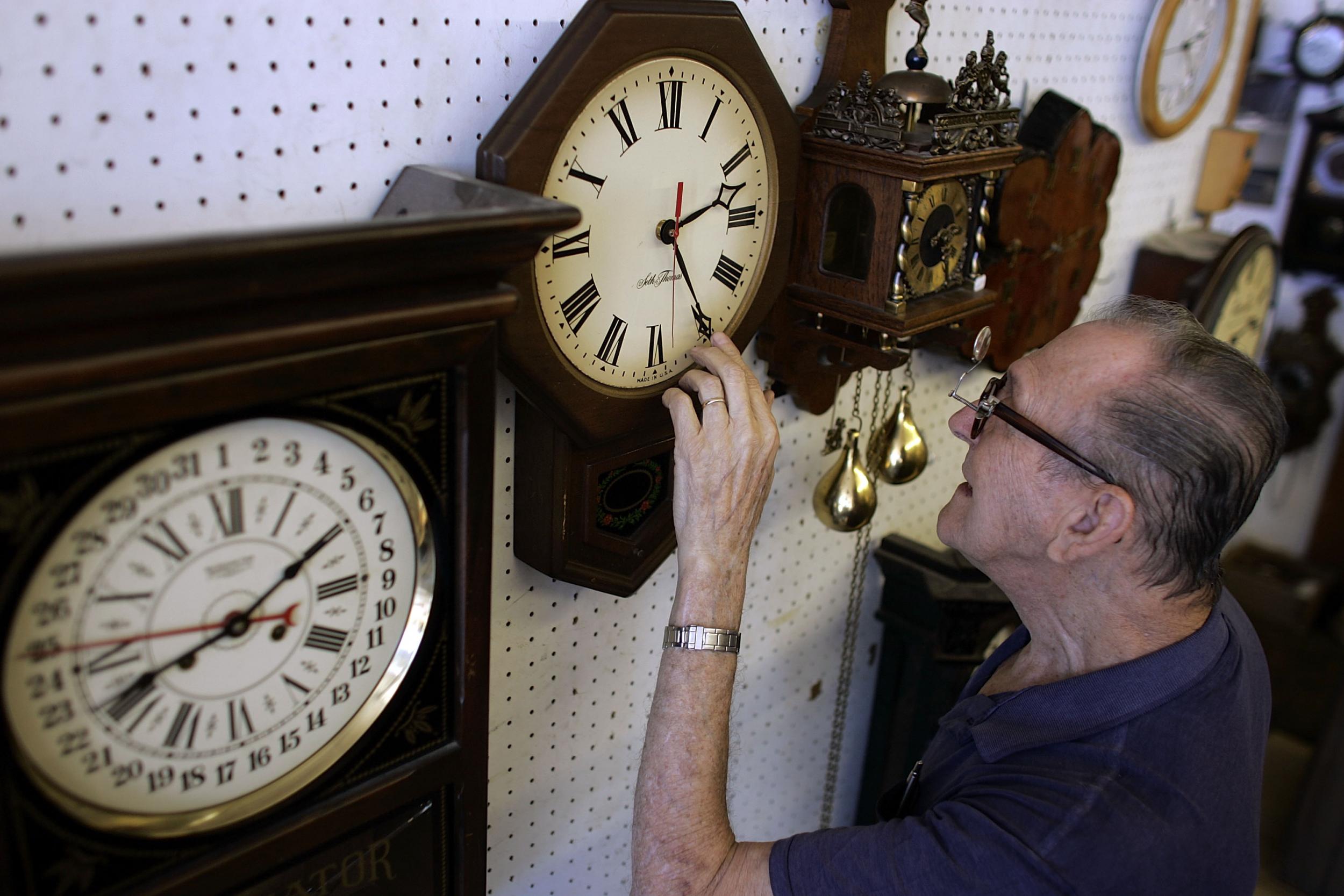When do the clocks go back in the US?
Americans are set to get an hour extra in bed on 1 November

Your support helps us to tell the story
Our mission is to deliver unbiased, fact-based reporting that holds power to account and exposes the truth.
Whether $5 or $50, every contribution counts.
Support us to deliver journalism without an agenda.

Louise Thomas
Editor
Daylight Saving Time is rapidly coming to an end in America, finishing for this year at 2AM on 1 November.
The clocks falling back by an hour will push the morning forward and make darkness come quicker in the evening, and everyone will get an extra hour in bed.
Daylight Saving Time is practiced in most US states, with the exception of Arizona and Hawaii. Some US territories such as Guam and Puerto Rico also don't observe DST.
DST was first proposed in 1895, and was first implemented by Austria-Hungary in 1916.
DST means more daylight after working hours, giving people more leisure time and benefiting some businesses - however, darker mornings pose problems for those in early-rising professions such as farming.
However, there is some criticism of DST - it was initially adopted by many countries to conserve energy. Austria-Hungary were the first to implement it because they needed to save coal during wartime, but modern critics of DST say that patterns of energy consumption have changed so much that the actual amount of energy saved is neglible.
The darker mornings can also pose problems during the morning commute, making the chances of accidents more likely. What's more, it's pretty depressing going to work when it's pitch black outside.
The debate has been going on for decades, and it's likely to continue for decades more. At any rate, those who often cross the state border between Utah and Arizona will be spared some time zone confusion when DST ends.
Subscribe to Independent Premium to bookmark this article
Want to bookmark your favourite articles and stories to read or reference later? Start your Independent Premium subscription today.
Join our commenting forum
Join thought-provoking conversations, follow other Independent readers and see their replies
Comments